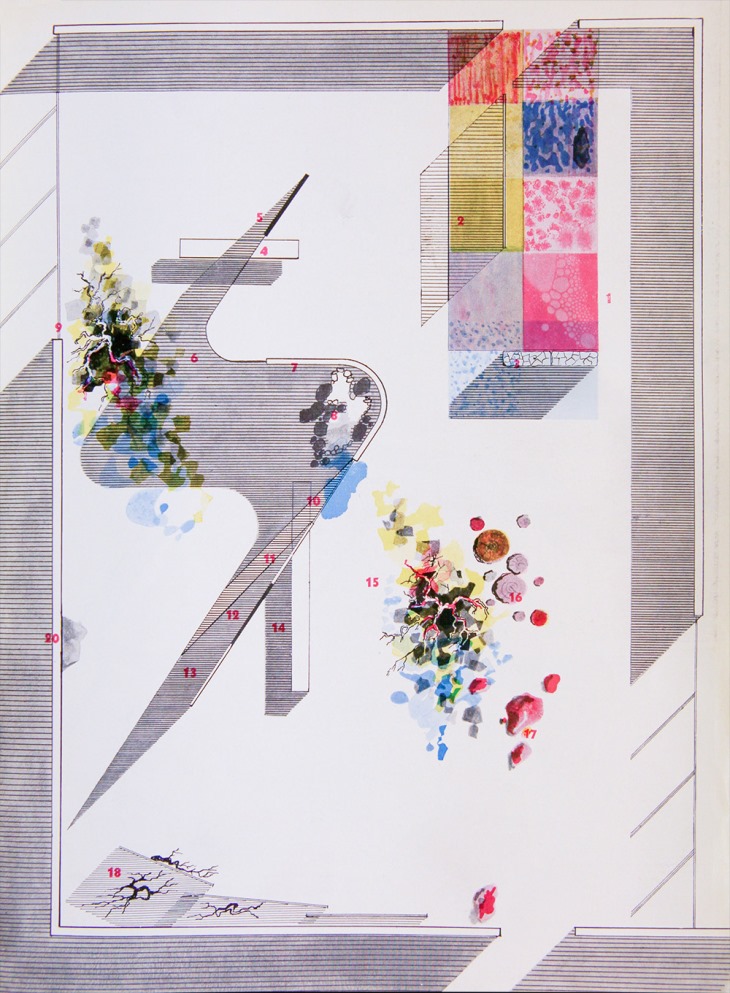Prior scholarship has argued that the rise of the Art and Technology Movement in the 1960s is caused by an unflinching belief in the social utility of new media that developed in the wake of systems theory and cybernetics. But this optimism declined rapidly during the Vietnam War, when the aesthetics of the interdisciplinary appeared doomed to fail. In deliberate opposition to the binaries of technophobia and technophilia, Orosz’s paper proposes an understanding of technology as an accepted, but not exclusive component of the organic balance between society, the individual and the needs of human life. By using the principles of the artists and media theorist György Kepes as a case study and by focusing on the Center for Advanced Visual Studies (CAVS), a think-tank like art-and-science research facility that he founded at the Massachusetts Institute of Technology (MIT) in 1967, Orosz argues that the attempt to embody all specialized knowledge in an integrated, holistic system provided an antidote to the rationality of the technoscientific world. By mastering the power to “intersee” the total environment as an interconnected whole and by recognizing the social commitment to the optical message, Kepes offered a historical precursor for study of the “visual culture” within a framework which we may call a “Cold War Bauhaus.”
Visual Studies in the Cybernetic Age. Human Solidarity and Engineered Civilization in György Kepes’s Socially-Oriented Media Art Practice
Márton Orosz (Vasarely Museum, Budapest/ Art Histories Fellow 2016/17)
ICI Berlin Institute for Cultural Inquiry, Christinenstraße 18-19, 10119 Berlin

By striving to exploit the social potential of light as a creative medium, he was advocating for a “participatory democracy” wherein the boundaries between art and life would be eliminated. Orosz’s talk will elaborate the contours of Kepes’s program for “the human purpose”, interpreting it as an alternative position within the Post-War modernity that predated the global vs. local narratives emerging outside mainstream contemporary culture.
Márton Orosz is Curator of the Collection of Photography and Media Arts at the Museum of Fine Arts in Budapest where he is also the Acting Director of the Vasarely Museum affiliated to the same institution. There, he recently curated Time Landscape. Alan Sonfist and the Birth of Land Art; Nathan Lerner: Photo-Eye; Film Experiments Brought to Light and Hungarian Artists and the Computer. He earned his PhD in Art History at the Eötvös Loránd University in Budapest. During his studies, he was Terra Fellow at Smithsonian American Art Museum in Washington D.C. and György Kepes Fellow for Advanced Studies and Transdisciplinary Research at MIT. His publications range across fields such as the historical avant-garde, new media, and collecting. While In Berlin, Orosz is in the process of finalizing his manuscript on György Kepes, which aims to be the artist’s first critical biography.

